Yom Hashoah Commemoration
Yom Hashoah Commemoration
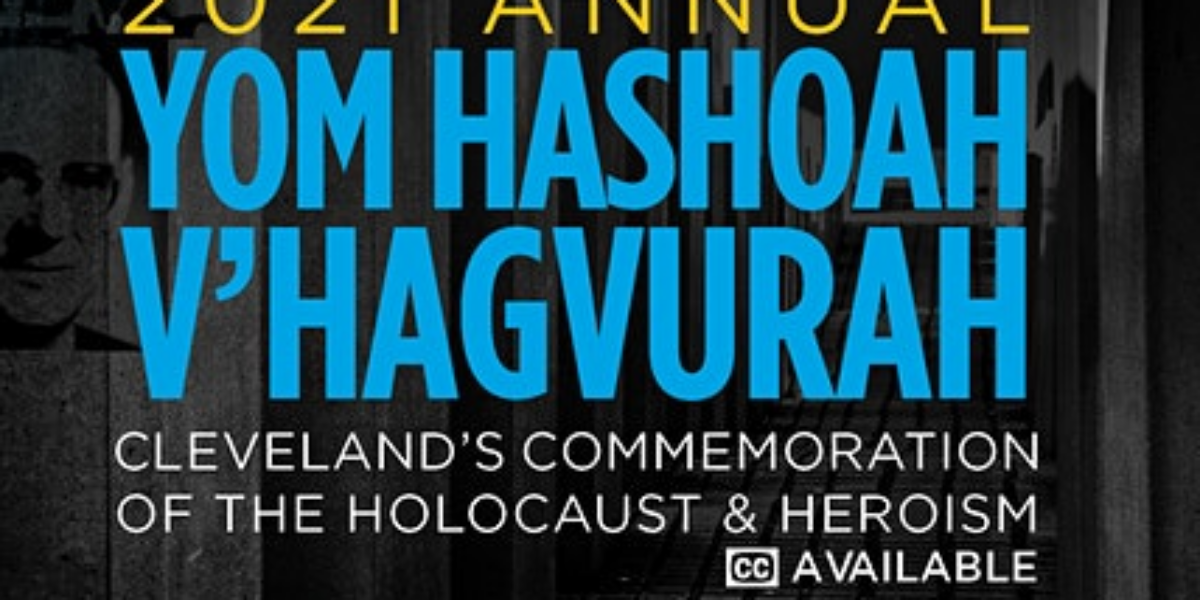
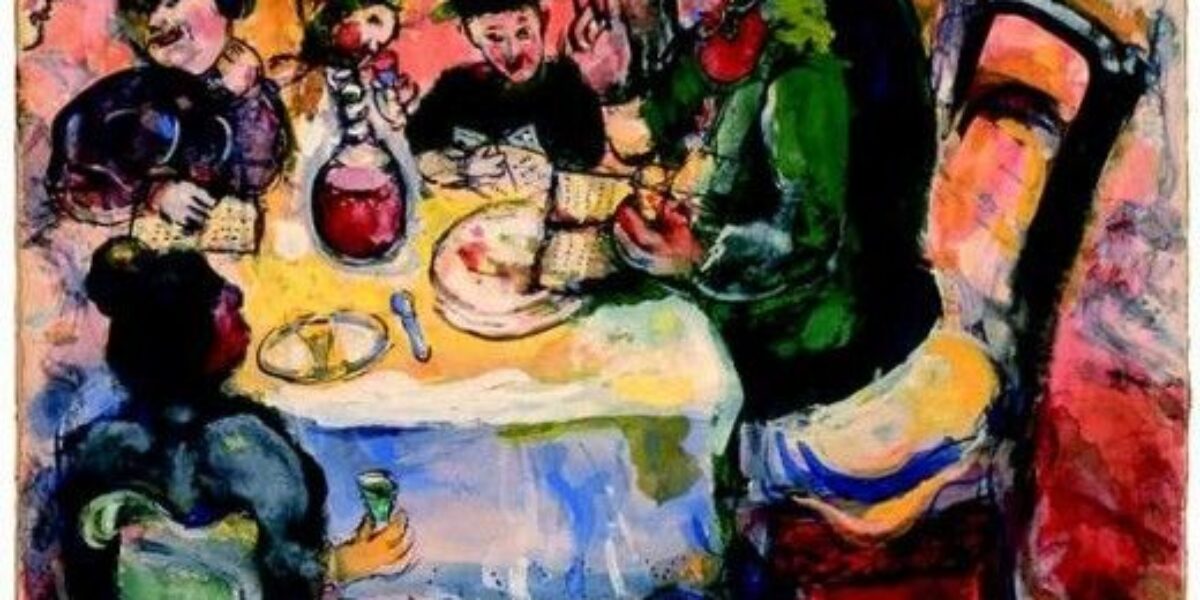
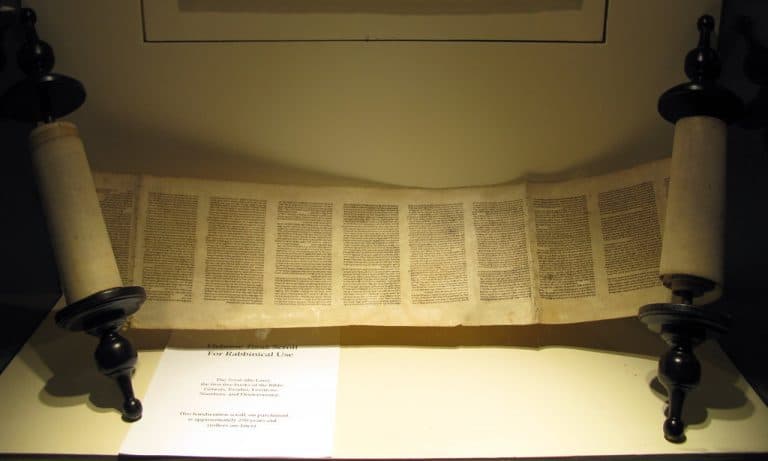
Our Torah reading for the conclusion of Pesach is from Exodus 13:17-15:26. At the beginning of Pesach, we read about the preparations for leaving Egypt and now, at the end of our festival, we read about leaving Egypt, crossing the Sea of Reeds with Pharaoh close at our heels, and beyond… A detail that goes quickly by is that, as everyone is preparing to leave, Moses takes the bones of Joseph with him to fulfill the promise that Joseph had obtained from the Children of Israel (his brothers) before his death:
So, Joseph made the sons of Israel swear, saying, “When God has taken notice of you, you shall carry up my bones from here.” Joseph died at the age of one hundred and ten years; and he was embalmed and placed in a coffin in Egypt. (Gen. 50:25-26)
As we leave Egypt, we carry out unbaked bread and bones. The story of life and freedom is twinned together with the story of the past. That story is also part of the text of our Haggadah:
Then Joshua said to all the people, “Thus said the Eternal, the God of Israel: In olden times, your forefathers—Terah, father of Abraham and father of Nahor—lived beyond the Euphrates and worshipped other gods. But I took your father Abraham from beyond the Euphrates and led him through the whole land of Canaan and multiplied his offspring. I gave him Isaac, and to Isaac I gave Jacob and Esau. I gave Esau the hill country of Seir as his possession, while Jacob and his children went down to Egypt… The bones of Joseph, which the Israelites had brought up from Egypt, were buried at Shechem…(Joshua 24:2-4, 32)
Joseph, too, has a place at our celebration. In recalling Joseph’s story, Rabbi Tali Adler teaches us that we are recalling two stories of slavery: While our ancestors may have been slaves, those who came before them had been slave sellers. Slave sellers??? Yes. Recall that Joseph’s brothers sold him into slavery, where he ended up in Egypt; they took his tattered coat-of-many-colors and dipped it into blood and presented it to their father, Jacob who, thinking Joseph had been killed by a wild beast, mourned his death. Joseph rises to power in Egypt as he manages years of plenty and then of famine, and his family ultimately makes their way down to Egypt.

Even as we celebrate our redemption from slavery, we have a responsibility to remember the whole story. In remembering the act of Joseph’s brothers and telling the truth about our past, perhaps there is redemption in that act as well. Rabbi Adler teaches us that full redemption is what happens when we tell our stories in their entirety, hiding nothing. However, redemption is truly complete only when ALL are redeemed. Our story informs our memory as we are all called upon to “free the captive.” Each of us has this sacred responsibility to help to make this happen. Listening to others’ stories is the first step towards making our world the best it can be. These stories are not easy to tell — and are not easy to hear, but each step is a step in that direction. Aleinu – It is up to us to help bring us all closer to a world redeemed.Our Torah reading for the conclusion of Pesach is from Exodus 13:17-15:26. At the beginning of Pesach, we read about the preparations for leaving Egypt and now, at the end of our festival, we read about leaving Egypt, crossing the Sea of Reeds with Pharaoh close at our heels, and beyond… A detail that goes quickly by is that, as everyone is preparing to leave, Moses takes the bones of Joseph with him to fulfill the promise that Joseph had obtained from the Children of Israel (his brothers) before his death:
So, Joseph made the sons of Israel swear, saying, “When God has taken notice of you, you shall carry up my bones from here.” Joseph died at the age of one hundred and ten years; and he was embalmed and placed in a coffin in Egypt. (Gen. 50:25-26)
As we leave Egypt, we carry out unbaked bread and bones. The story of life and freedom is twinned together with the story of the past. That story is also part of the text of our Haggadah:
Then Joshua said to all the people, “Thus said the Eternal, the God of Israel: In olden times, your forefathers—Terah, father of Abraham and father of Nahor—lived beyond the Euphrates and worshipped other gods. But I took your father Abraham from beyond the Euphrates and led him through the whole land of Canaan and multiplied his offspring. I gave him Isaac, and to Isaac I gave Jacob and Esau. I gave Esau the hill country of Seir as his possession, while Jacob and his children went down to Egypt… The bones of Joseph, which the Israelites had brought up from Egypt, were buried at Shechem…(Joshua 24:2-4, 32)
Joseph, too, has a place at our celebration. In recalling Joseph’s story, Rabbi Tali Adler teaches us that we are recalling two stories of slavery: While our ancestors may have been slaves, those who came before them had been slave sellers. Slave sellers??? Yes. Recall that Joseph’s brothers sold him into slavery, where he ended up in Egypt; they took his tattered coat-of-many-colors and dipped it into blood and presented it to their father, Jacob who, thinking Joseph had been killed by a wild beast, mourned his death. Joseph rises to power in Egypt as he manages years of plenty and then of famine, and his family ultimately makes their way down to Egypt. Even as we celebrate our redemption from slavery, we have a responsibility to remember the whole story. In remembering the act of Joseph’s brothers and telling the truth about our past, perhaps there is redemption in that act as well. Rabbi Adler teaches us that full redemption is what happens when we tell our stories in their entirety, hiding nothing. However, redemption is truly complete only when ALL are redeemed. Our story informs our memory as we are all called upon to “free the captive.” Each of us has this sacred responsibility to help to make this happen. Listening to others’ stories is the first step towards making our world the best it can be. These stories are not easy to tell — and are not easy to hear, but each step is a step in that direction. Aleinu – It is up to us to help bring us all closer to a world redeemed.
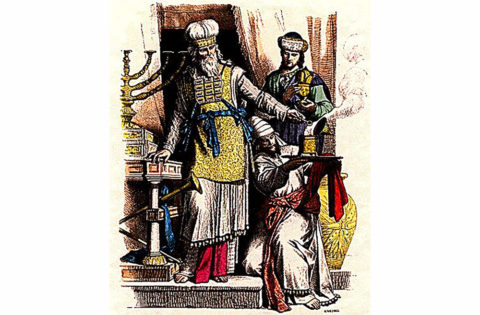
Moses learns about the details and procedures of the sacrifices.
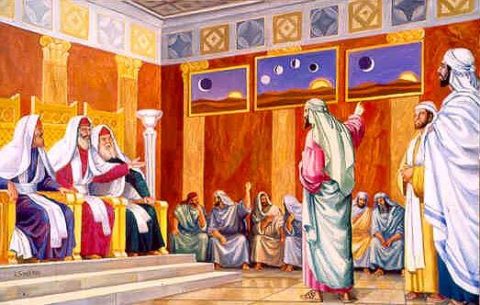
The opportunity to create change – or to be change agents – is always before us.
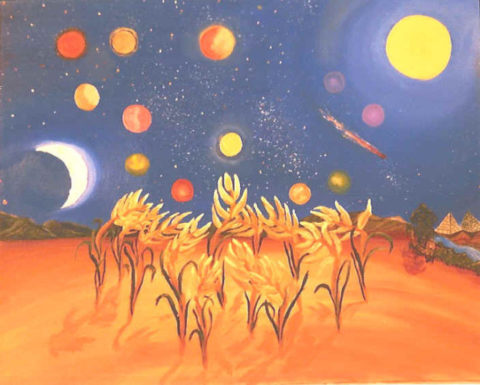
Many of us struggle with the kind of faith/emunah that is described in the biblical narrative.
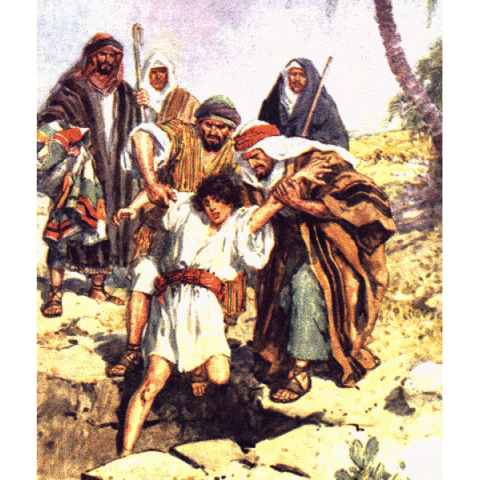
What might appear as a random encounter can have epic proportions.